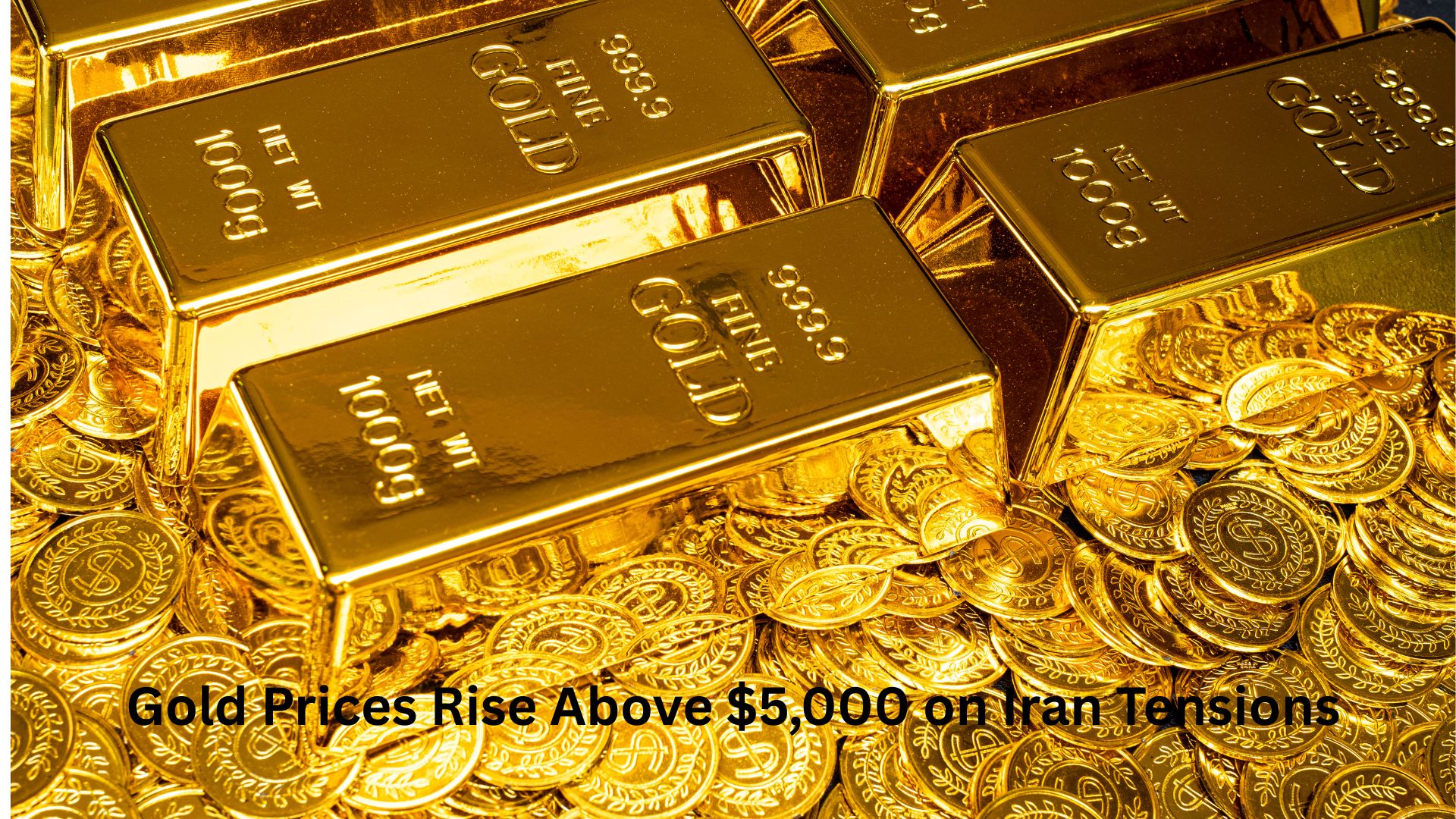Gold’s price surge surpasses oil and copper, attracting central bank purchases in emerging markets. Unlike fiat currencies, its limited supply protects against inflation and currency devaluation, ensuring stability and financial stability. Gold also lacks credit or counterparty risk.
Geopolitical factors drive gold demand, with 81% of central banks expecting global gold reserves to increase, and 29% expecting their reserves to rise.
China, Poland, India, and Nigeria are among emerging market central banks that have significantly boosted their gold holdings in recent years. The geopolitical climate and recent global events have reinforced the importance of this diversification strategy.
The current economic outlook is also supportive of gold, with a global economic downturn projected by late 2024 or early 2025, a period during which gold has typically performed well. As U.S. real interest rates decline, the opportunity cost of holding gold decreases, making it a more attractive investment.

